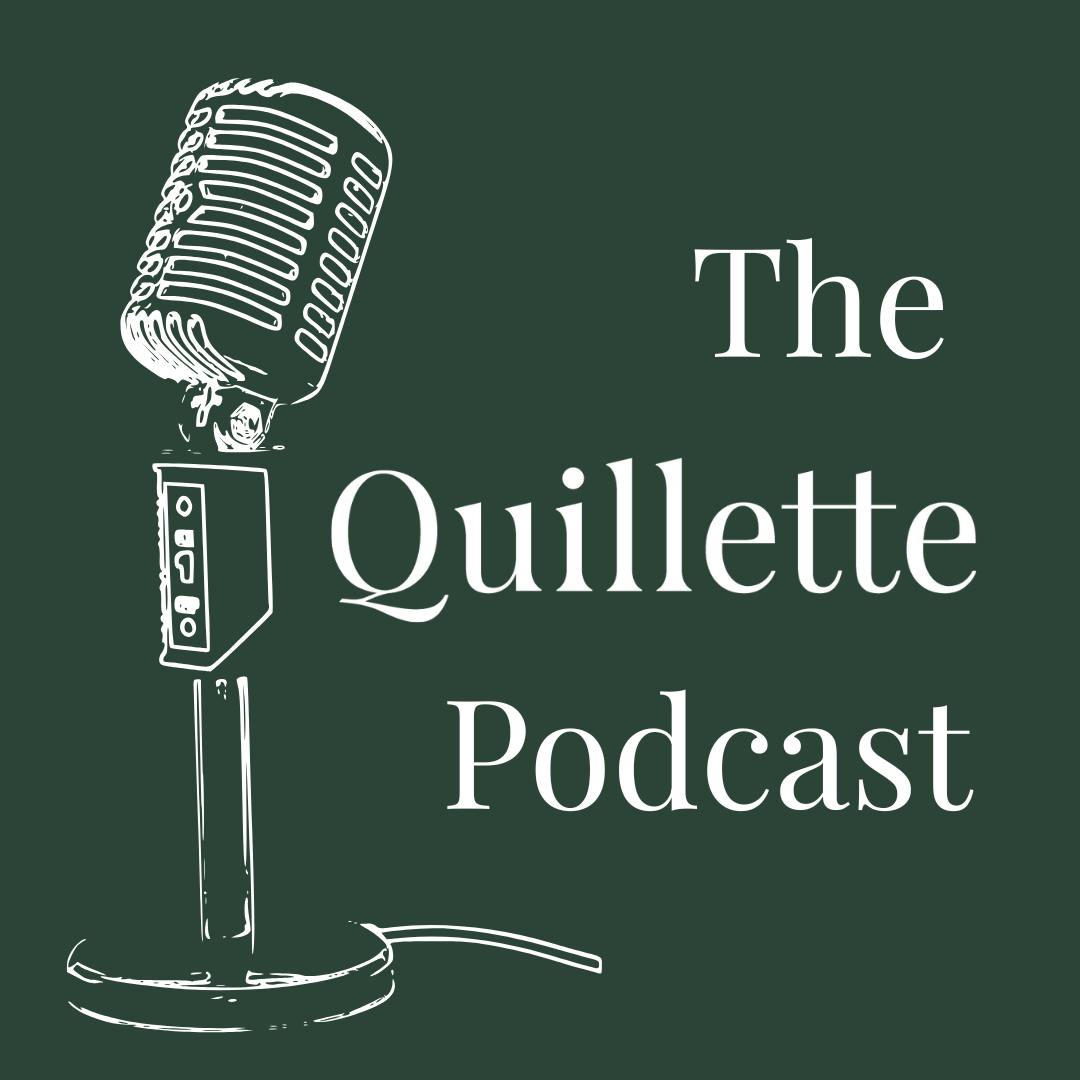

Quillette Podcast
Quillette
The Quillette Podcast is a platform for rigorous, academic discussions rooted in common sense and free inquiry. Non-dogmatic and grounded in liberal values, the podcast serves as a beacon for thoughtful conversation on science, politics, philosophy, and culture. Quillette prides itself on intellectual honesty, avoiding ideological extremism in favor of evidence-based reasoning and progress. Hosted by leading voices in academia and journalism, past guests include evolutionary biologist Richard Dawkins, social psychologist Jonathan Haidt, and journalist Douglas Murray, among others. Expect candid conversations that promote common sense and challenge anti-science and conspiratorial narratives from both the far left and right.
Episodes
Mentioned books

May 16, 2025 • 16min
The Green Delusion
In this discussion, engineer Paul Brown shares his insights on the hidden costs of renewable energy and how current policies may lead to unsustainable practices. He highlights the challenges of transitioning to solar energy, detailing required infrastructure and environmental impacts. Brown critiques the inequities in solar subsidies, showing how they disproportionately benefit the wealthy while hurting the less affluent. He also questions the reliance on government support for renewables, arguing for a reevaluation of energy strategies, including nuclear energy.

May 10, 2025 • 37min
Lessons from the Luddites on Adapting to AI
Explore the intriguing impact of the AI revolution with insights on the short-term challenges and long-term benefits it presents. Hear a compelling discussion on how society can adapt, drawing lessons from historical movements like the Luddites. Delve into the balance between embracing technological advancements while addressing the disruptions they may cause. This conversation sheds light on the necessity of evolving with change rather than resisting it.

5 snips
May 2, 2025 • 15min
Free Speech in Australia
Alan Davidson, an academic at the Australian Catholic University and president of the Australian Free Speech Union, discusses pressing issues surrounding free speech in Australia. He highlights the challenges posed by censorship and the Online Safety Act. Davidson emphasizes the balance between combating anti-Semitism and maintaining free expression, advocating for dialogue over legal restrictions. He also examines how fears of Islamophobia hinder open conversations about antisemitism, revealing the complexities of public discourse on systemic issues like racism and misogyny.

Apr 26, 2025 • 21min
Canada’s Strange Election Season
In advance of Monday’s nation-wide vote, Quillette podcast host Jonathan Kay discusses Justin Trudeau’s resignation, Pierre Poilievre’s bad luck, the rise of Mark Carney, and the effects of Donald Trump’s aggressive protectionism on Canadian politics. Learn more about your ad choices. Visit megaphone.fm/adchoices

8 snips
Apr 19, 2025 • 23min
Making the Case for ‘Free-Range Parenting’
Lenore Skenazy, an author and TED Talker, champions the concept of free-range parenting, calling for more independent play for kids. She discusses the societal backlash against parents who let their children explore the world alone, sparked by her own experiences. The conversation addresses the anxiety surrounding child safety fueled by media narratives and cultural shifts. Skenazy emphasizes how fostering autonomy can enhance children's confidence and enrich family bonds, urging parents to let go of their fears and encourage self-sufficiency.

Apr 12, 2025 • 16min
The Trouble with Tariffs
John H. Cochrane, known as 'The Grumpy Economist,' is a prominent economist at the Hoover Institution. In this discussion, he unpacks the motivations behind Donald Trump's tariff policies and their impact on the economy. He highlights how tariffs act as hidden taxes that can protect domestic industries at the expense of market efficiency. Cochrane critiques the paradox of protectionism and shares personal tales from his time in Argentina to illustrate the broader consequences of tariffs on global trade. It's an enlightening dive into economic principles and policy.

Apr 5, 2025 • 16min
How Accurate Is 'Adolescence'?
Iona Italia chats with William Costello, a PhD student in Evolutionary Psychology at the University of Texas at Austin, specializing in incels. They delve into the Netflix series 'Adolescence,' dissecting its portrayal of incels and the impact of societal narratives on young men. Costello critiques the misconceptions held by adults about incel culture and highlights how media representations can perpetuate misunderstanding. Their discussion emphasizes the need for accurate depictions to address issues of toxic masculinity and violence.

9 snips
Mar 28, 2025 • 36min
The Scourge of the ‘Woke Right’
Join Andrew Doyle, an Irish-English satirist and author famed for his character Titania McGrath, as he dives into the rise of the 'woke right' and the chilling authoritarian vibes surfacing among conservatives. The discussion highlights the struggle for civil liberties in today's polarized landscape, critiques the disconnect between identity politics and working-class issues, and examines how both sides of the spectrum grapple with zealotry. Internet memes and their political symbolism also make an intriguing appearance in this thought-provoking conversation.

Mar 20, 2025 • 16min
Anti-Zionism, Past and Present
This discussion delves into the historical roots of anti-Zionism, tracing its origins back to the Soviet Union. The impact of social media on academic freedom is explored, highlighting the challenges faced by scholars. Personal stories reveal the emotional toll of smear campaigns in academia. The complex relationship between anti-Zionism and anti-Semitism is examined, shedding light on the risks of misunderstanding criticism. Finally, the evolution of Soviet anti-Zionism is dissected, revealing its transformation from Lenin's time through key historical events.

Mar 15, 2025 • 26min
On Book Banning
Quillette podcast host Jonathan Kay speaks with book author Ira Wells about the censorship demands emanating from both sides of the political spectrum. Learn more about your ad choices. Visit megaphone.fm/adchoices


